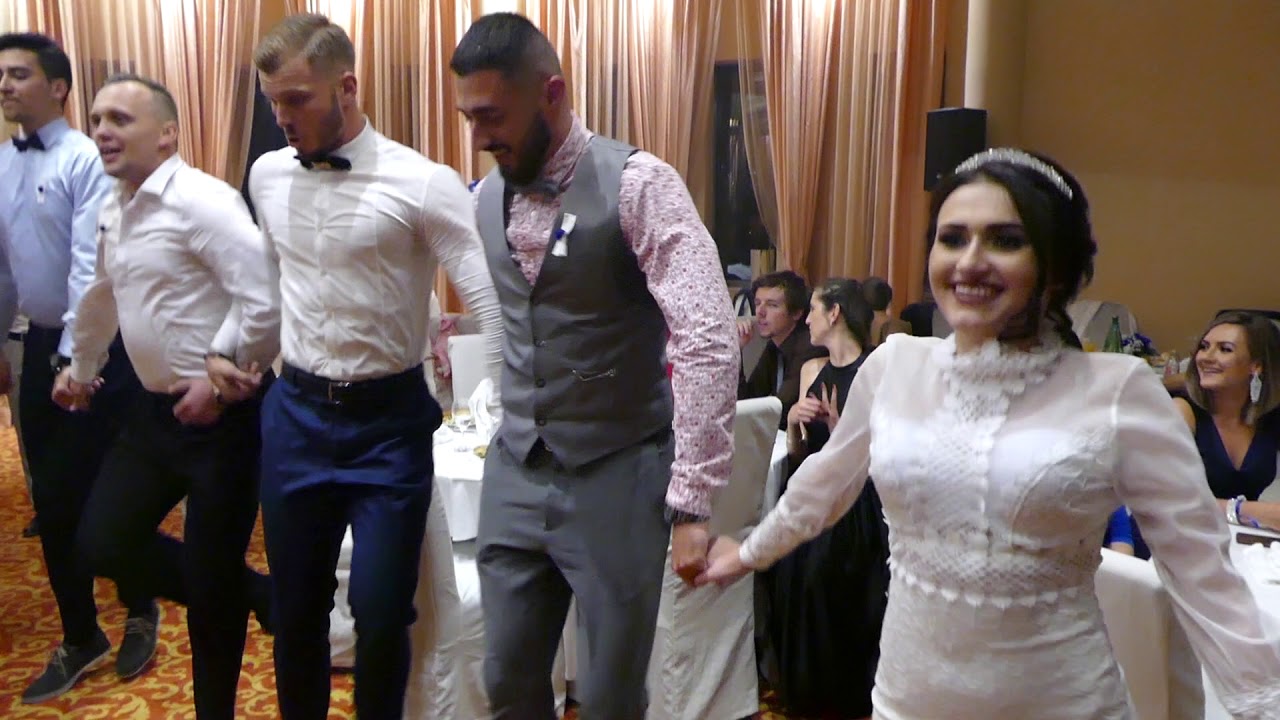Because of different histories, countries have different cultures and traditions. These differences are reflected in every aspect of life, including how people conduct weddings. Studying a country’s wedding traditions can give you insight into its past, present, and future.
Bosnian wedding traditions are a mix of modern and old-fashioned, secular and religious. Examples include decorating everyone’s cars, “bartering” for the bride, crowning the couple, and the kolo dance.
Unforgettable Bosnian Wedding Traditions
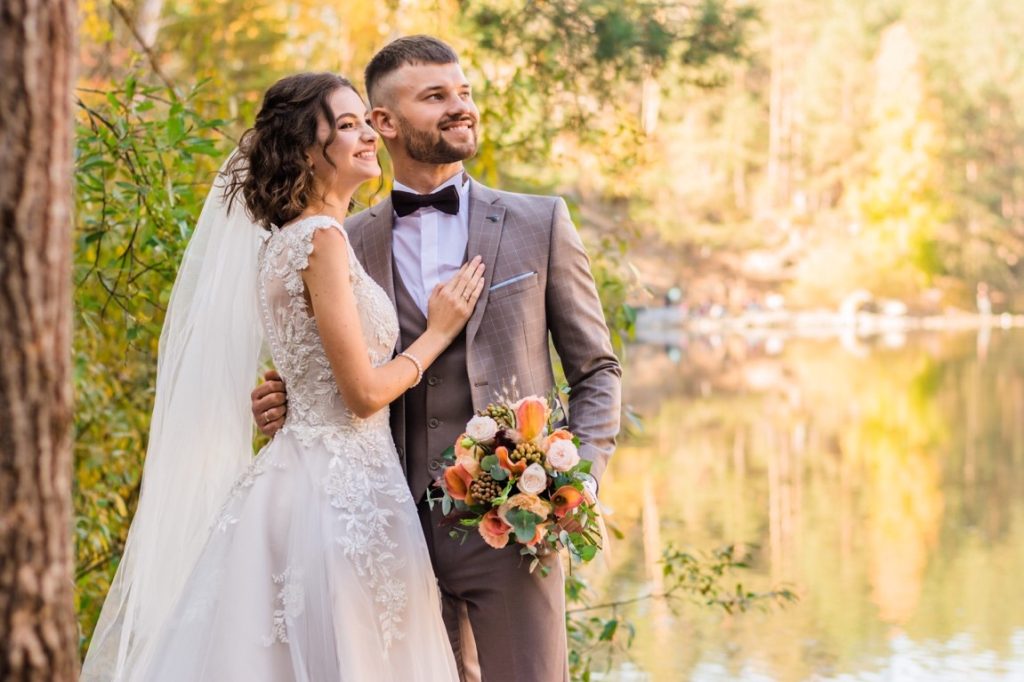
Bosnian weddings can last from one to two days. Couples who are not religious typically only have a one-day ceremony.
However, religious couples have two-day ceremonies. The first day is dedicated to religious rituals and traditions. The structure of a typical Bosnian wedding is similar to that of a standard wedding timeline.
The wedding reception occurs on the second day. At this point, the newlyweds have been officially integrated into each other’s families. The parents of the couple will make sure that they feel welcomed and appreciated.
Regarding what religion Bosnians practice, there are two major groups: Sunni Muslims, to which around 51% of the population belongs; Serbian Eastern Orthodox, to which 31% of Bosnians subscribe. Other religions include Roman Catholicism, Judaism, and Protestantism.
With that said, wedding traditions vary across religions. The list below contains memorable Bosnian wedding traditions in every region and religion.
Before the Ceremony
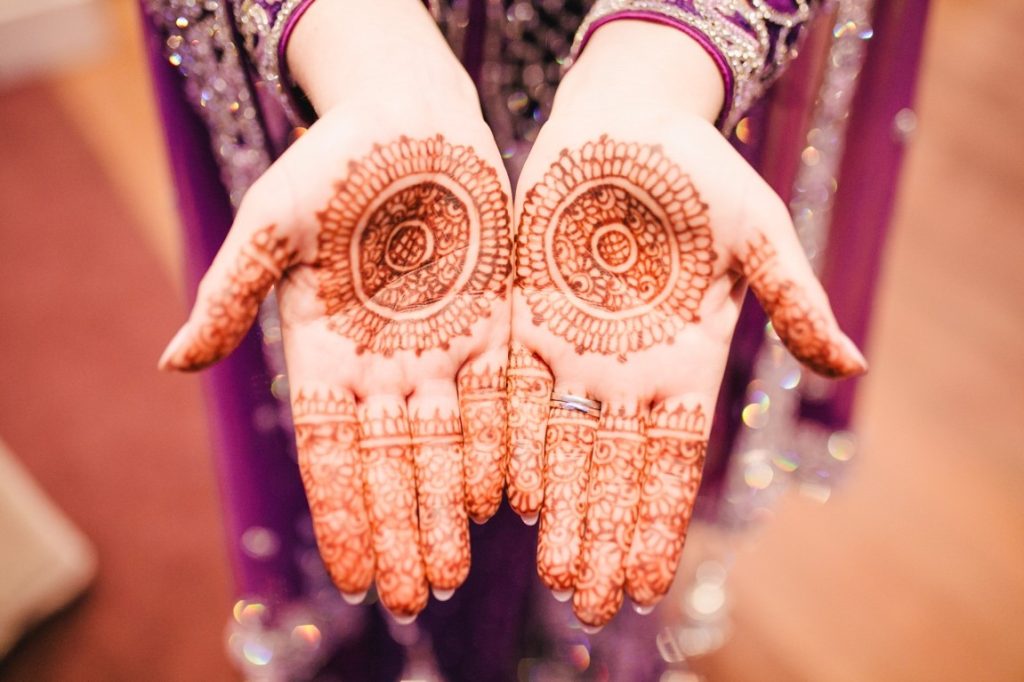
1. Henna Tradition
The henna tradition used to be a significant part of Bosnian wedding traditions. Like Egyptian and Lebanese customs, a Bosnian bride would have a henna party with her closest friends and relatives.
The bride’s mother, sisters, other relatives, and closest friends are invited to this gathering. The bride’s mother places henna on the bride’s hands while scarves are covering her face. The rest of the guests sing about finding a new home and creating a new family.
2. Decorated Cars
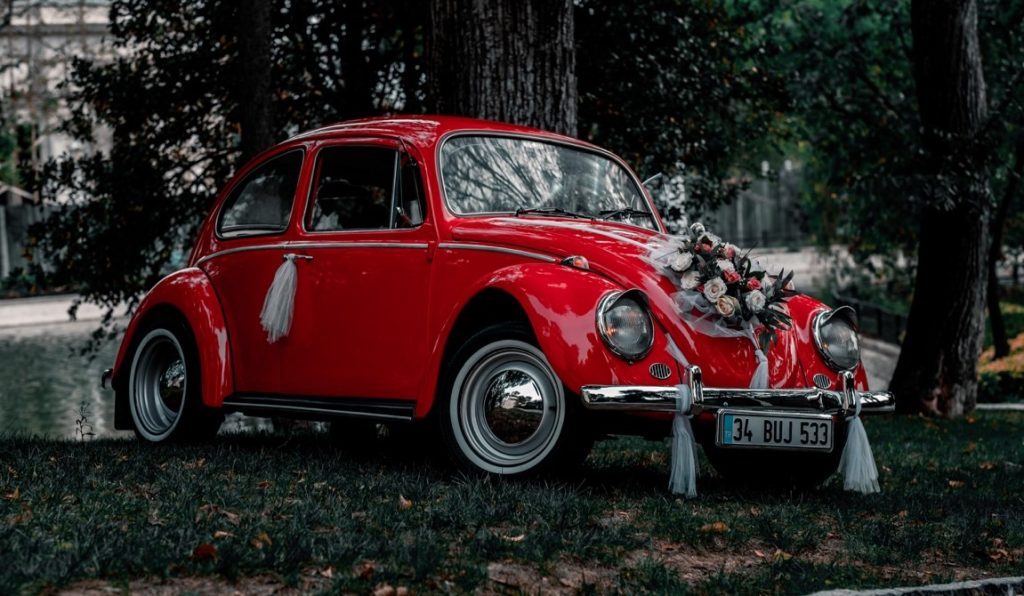
The guests’ cars are all decorated with flowers. The drivers of the wedding party’s cars honk frequently, especially as they go to the venue. These Bosnian wedding traditions aim to garner the attention of everyone in the area.
3. Breakfast at the Groom’s House
The groom and every man in his family typically spend the morning together at the groom’s home. They eat breakfast, share stories, and prepare for the rest of the day. At noon, they will go to the bride’s house. They usually rent a limo to arrive at the bride’s home in style.
4. The Mother of the Bride Welcomes the Groom to the Family
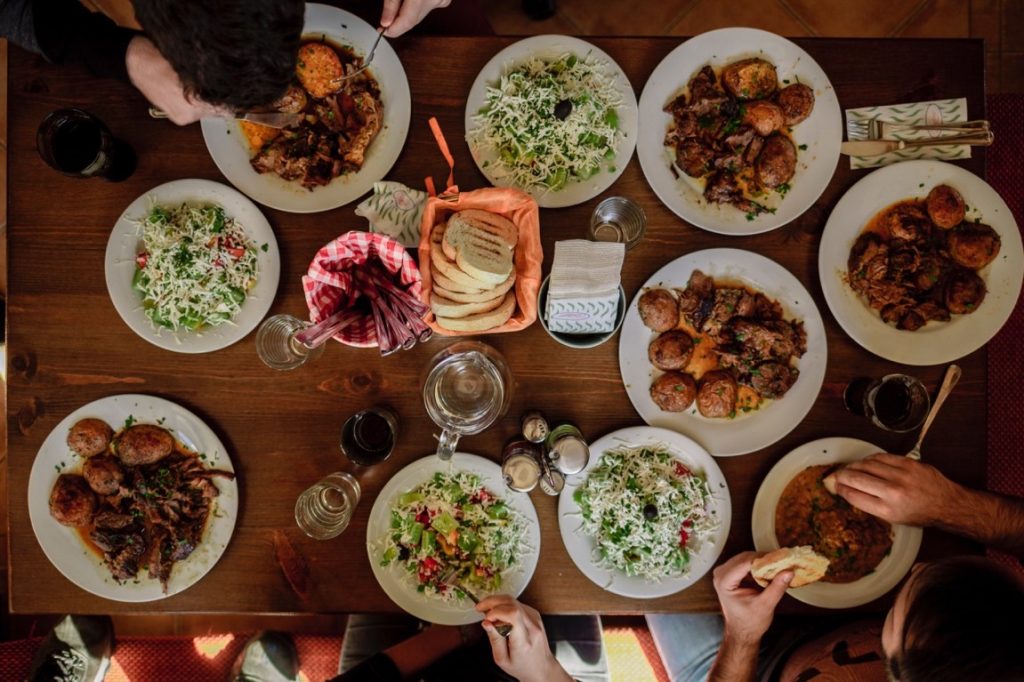
Once the groom and his family arrive at the bride’s house, her mother invites them to eat lunch. This meal is generally homemade, and the mother will serve the groom first. This act represents his acceptance into the family.
Meanwhile, the bride’s friends and relatives help her prepare for the big day. They add final touches to her dress, making adjustments if necessary. Concurrently, the rest of the guests joke around and drink coffee.
5. Bartering for the Bride
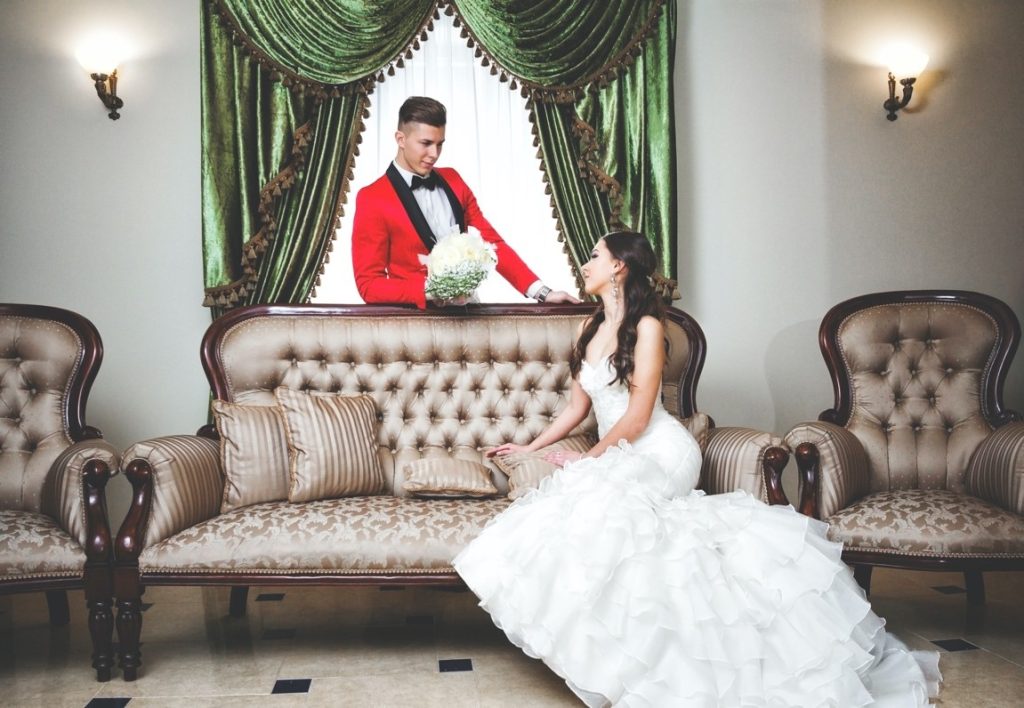
After the meal, everyone except the bride steps outside of the home. She is accompanied by her closest male relative, typically her brother or cousin. After some time, the close male relative will bring her outside.
The close relative will not let the bride go until they pay him. A “ransom” must be made before the bride can be reunited with her groom.
The best man is responsible for paying the close relative. Afterward, he will dance with the bride by spinning her three times. Lastly, the best man and another relative will accompany the bride to her groom’s home. The bride’s parents do not join them on this journey.
6. Well-Wishes for the Bride from the Groom’s Family
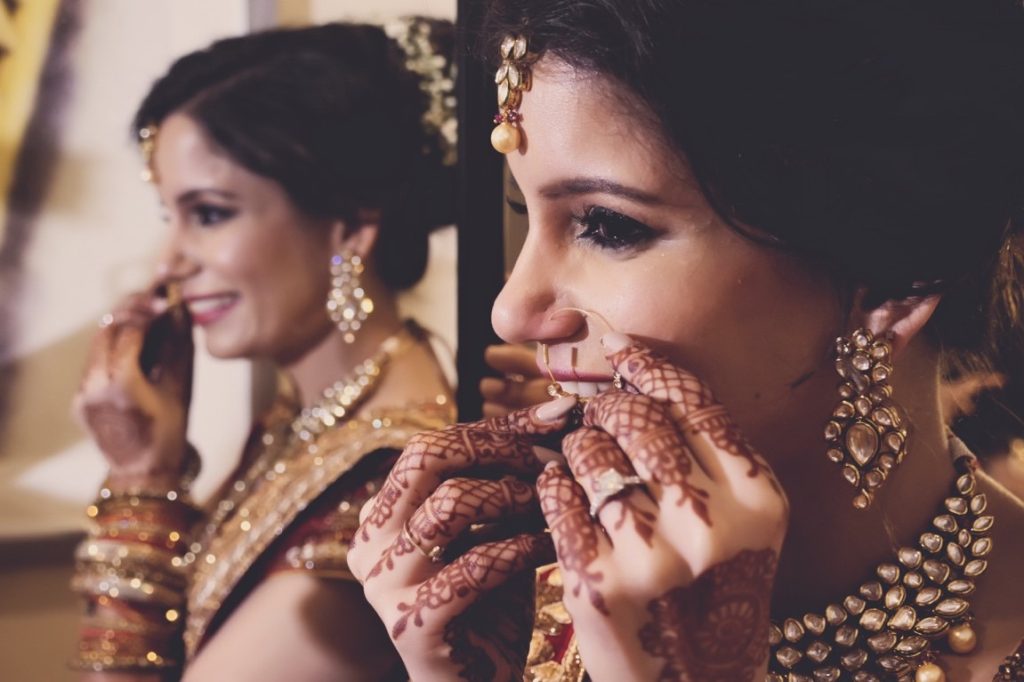
Once the bride arrives at the groom’s home, his mother will welcome her inside. Upon her entry, the mother will feed her honey or candy. These two items represent their wish for a sweet, happy marriage.
The groom’s family will ask the bride to sit down. Once she is seated, they will place a young boy on her lap. Bosnians do this tradition because they prefer to have a son, as this son will carry their family name onto the next generation.
Afterward, the groom’s mother — or any closest female relative — will give the bride many gifts. These gifts can be anything, though gold jewelry is the most common. The groom’s family bestows these presents for the bride’s security; if they get a divorce, she can sell these gifts to provide for herself.
This mini-gathering culminates in more music and dancing.
7. Satin Flowers for Everyone
The couple’s unmarried female relatives welcome the guests as they arrive. They must pin satin flowers on the guests’ dresses and lapels. Afterward, the guests will “pay” them a certain amount of money.
During the Ceremony
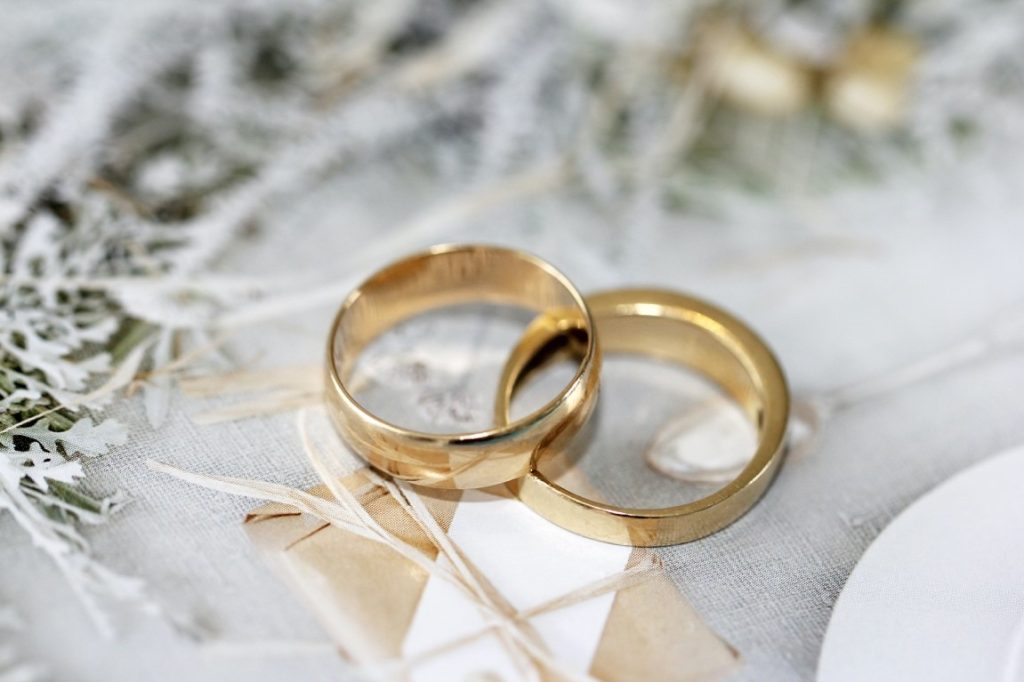
8. Blessing of the Rings
A Bosnian church wedding starts with the officiant blessing the rings. The best man and maid of honor, the Kum and Kuma, respectively, are necessary to this process. After the officiant reads some passages from the Bible, they will make a sign of the cross and place the rings onto the couple’s fingers.
9. Crowning the Couple
The priest holds two crowns, one for the bride and the groom. The priest will make them kiss the crown before placing it on their heads. The crowning ceremony signifies that the couple is now the monarchs of their future family.
10. Civil Ceremony After the Church Wedding
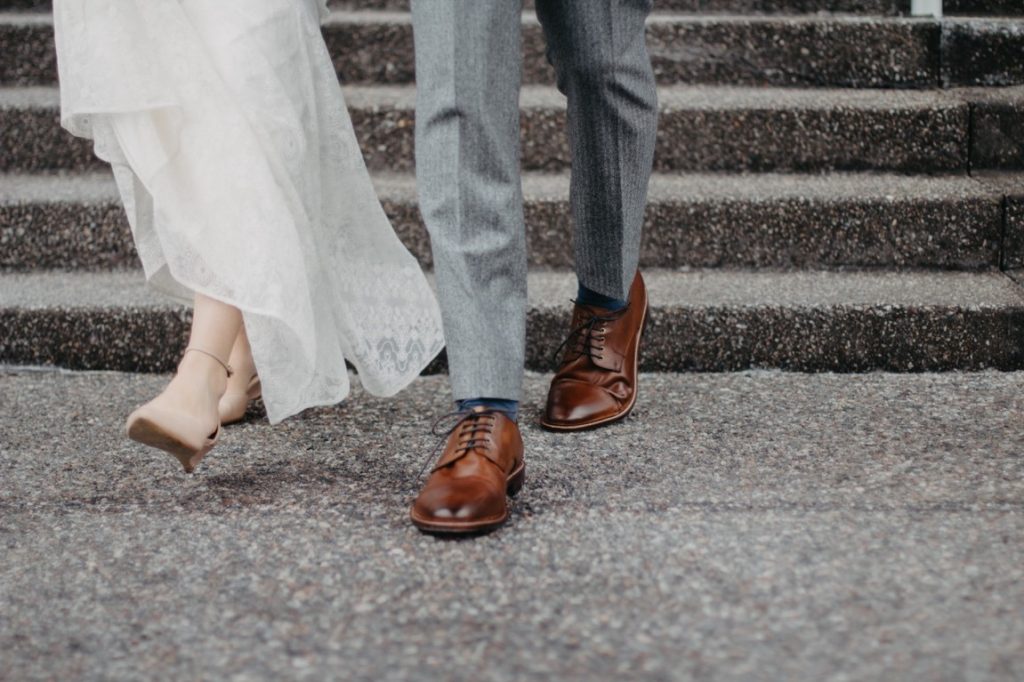
Once the church wedding ends, the couple typically holds a civil ceremony. A civil ceremony is a type of secular ceremony where a couple, along with their witnesses, declare their intent to marry. They sign a marriage contract, allowing the law to recognize their union.
Bosnian civil ceremonies are usually held at a reception hall, outdoor garden, or city hall. Guests can be present to watch the sweet exchange of vows.
11. Muslim Couples Do the Civil Ceremony First
For Muslim couples, their first stop is the civil ceremony. This part of the day typically happens at the city hall. Afterward, the couple heads to the local mosque, where the imam will read some passages from the Quran. Lastly, he gives his blessing to the newlyweds.
During the Reception
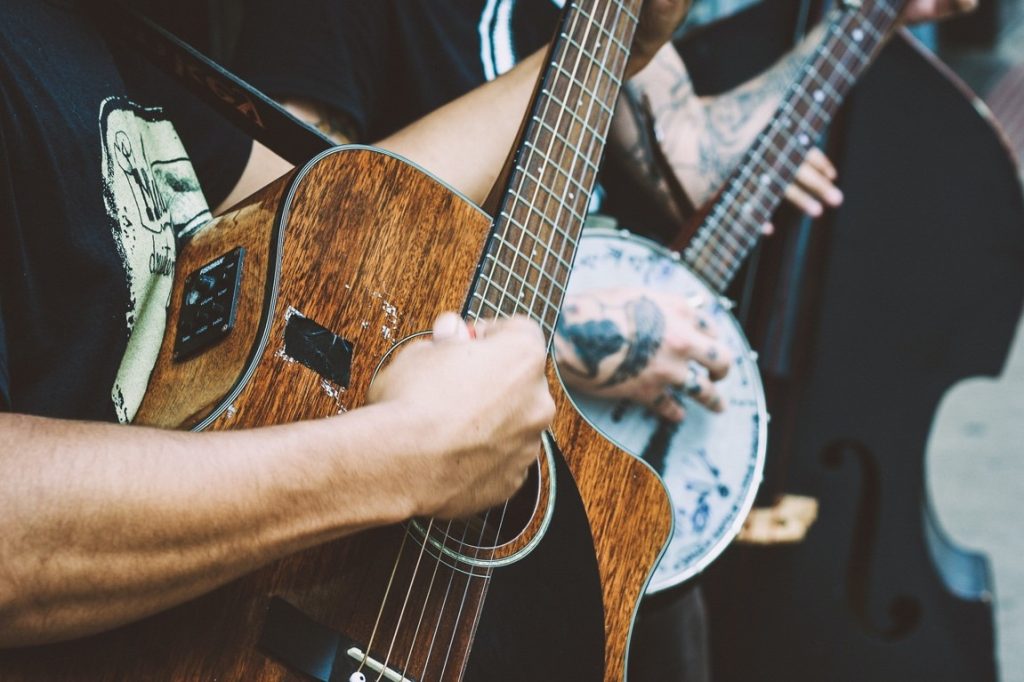
12. Non-Stop Music
As with any wedding, music is an integral part of Bosnian wedding traditions. Live bands play traditional songs all day, and they are present in every part of the affair. They perform during the morning-of preparations, at the groom’s and bride’s homes, in the church, and at the civil ceremony.
The music heightens during the reception. Musicians would go from one table to another, playing traditional songs and engaging the crowd. If the newlyweds are up for it, they can sing along and entertain their guests.
13. The Bride’s Parents Are Not at the Reception
In Bosnian wedding traditions, the bride’s parents typically do not attend the wedding reception. People want to maintain a cheerful and celebratory environment at the party. They believe the bride’s parents will be sad and crying the entire time.
14. Kolo (Circle Dance)
Kolo is a traditional circle dance found in the South Slavic region. Bosnians perform kolo at wedding receptions. Every guest, regardless of sex and age, will hold hands and form a circle.
Most of the movements are located below the waist. The basics of the Kolo are straightforward: dancers move to the right, hop, step to the left, then hop again. However, many regions have unique variations in the steps. People can also integrate more challenging moves if they prefer.
The music is an essential part of kolo. Typically, the songs have a fast tempo, and dancers must match their steps to the beats.
Like all folk dances, kolo has a significant social function. Not only does kolo make wedding receptions livelier, but the dance also creates and strengthens bonds in the community.
15. Stealing the Bride’s Shoes
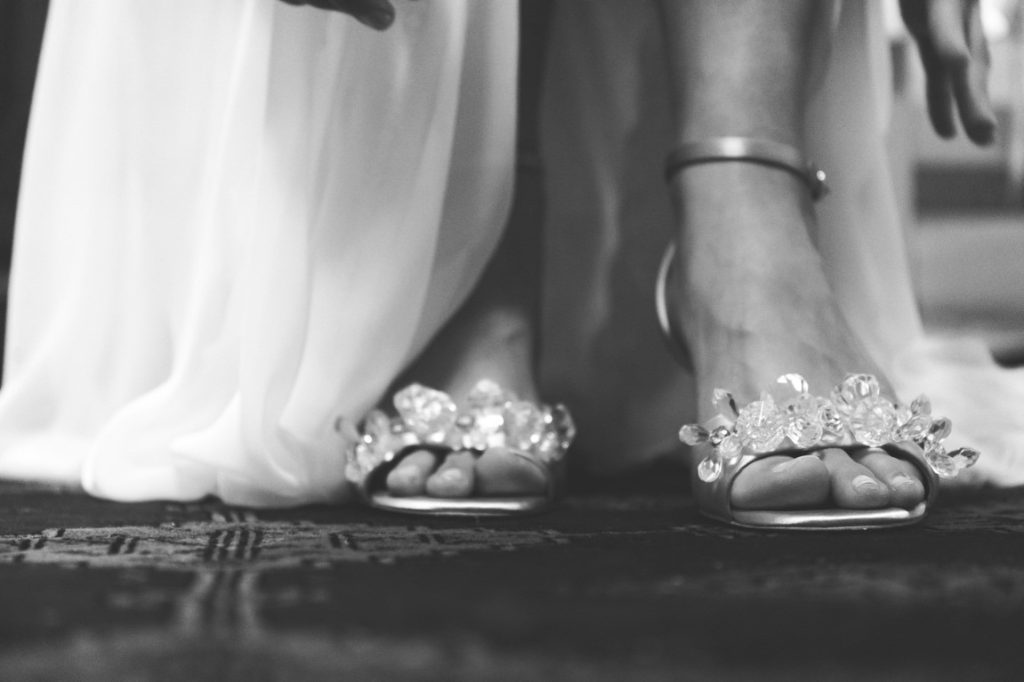
During the reception, the guests will attempt to take the bride’s shoes. If the bride is not attentive, her shoes will be stolen. This cannot happen, as the bride needs her shoes to dance. This Bosnian wedding tradition is similar to an Armenian wedding tradition.
Like the bartering tradition above, the best man must buy the shoes back from whoever stole them. Usually, the suspects are young kids; the ransom is an easy way for nieces and nephews to earn money.
16. Gifts for the Bride
Though monetary gifts are frowned upon in other cultures, Bosnian wedding traditions encourage you to give the bride money. You are also allowed to give her sentimental and practical presents.
However, you must be careful when giving money to the bride. Tradition dictates that her father should give the largest amount of money. Overstepping her father is considered disrespectful.
